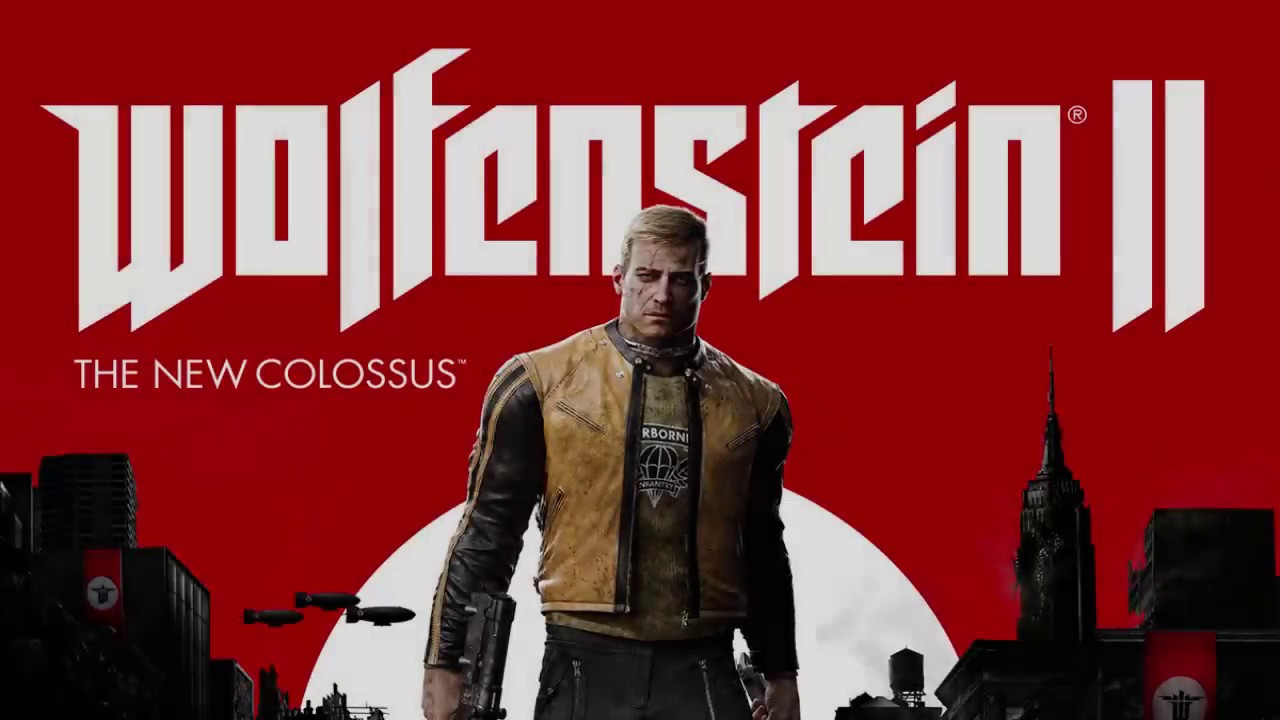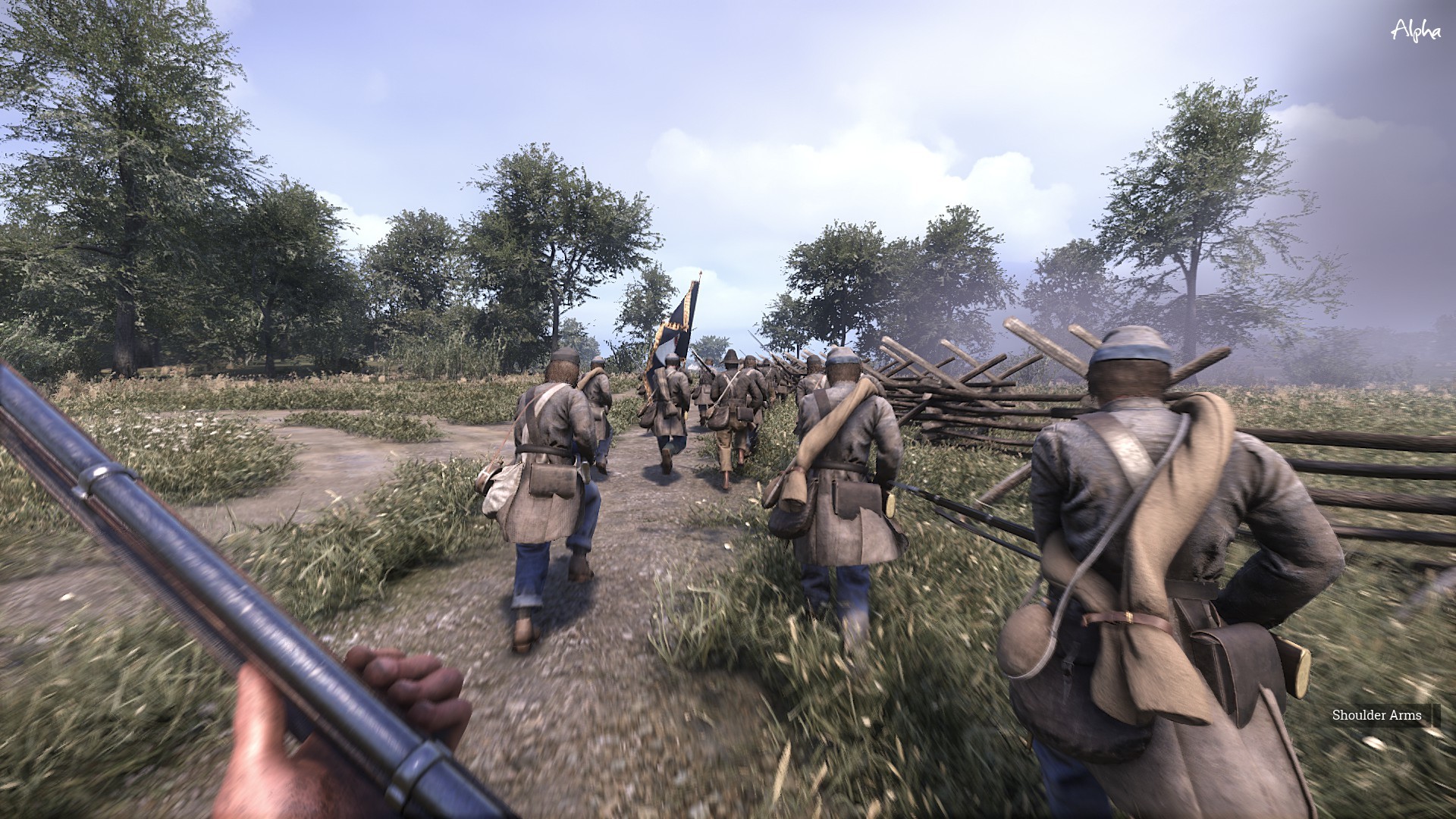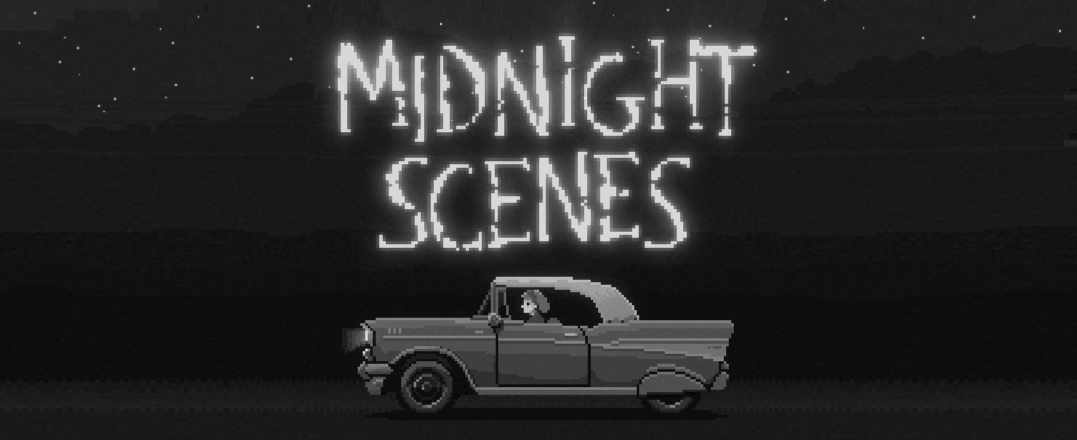
How Does Knowing History Impact How We Consume Historical Games
Through the Darkest of Times begins peacefully enough despite the circumstances. The opening few days of the game has you helping to organised an anti-fascist movement in Berlin. Its 1933, Hitler has become chancellor of Germany, but his control isn’t complete yet, and your cohort of activists are working hard to try and make sure that doesn’t happen. But as you’re recruiting more people, printing out leaflets and attending protests, Through the Darkest of Times pays special attention to the in-game calendar counting through the cold February days.
Historical games have always used the most iconic, the most important events from the period as their set pieces. If you’ve played a game set in World War II, you’ve almost certainly stormed the beaches of Normandy, or liberated Paris in WWII games. And if you’ve played an Assassins Creed, you will have been a first-hand witness to the era’s most pivotal events from the rooftops as the legendary assassin of the time. And when choosing to set a game in the past, the developers have often striven to create an accurate experience for the players to explore. This accuracy can be difficult to deliver through. Like every storytelling medium, it can be challenging not to exaggerate the facts, or maneuver events to flow a little better, or become a little easier to explain.
But when a studio does try to create an accurate experience they not only have to face those challenges but they also have to reckon with the players own knowledge as well. The creators of Wolfenstein don’t have to worry about players already knowing the outcome of their games, or penalizing them for failing to deliver it faithfully, because they aren’t trying to tell an accurate story. Meanwhile countless other games have been called out for ignoring or forsaking aspects of accuracy to create their stories. Beyond the simple need for accuracy though, does a game become more or less engaging, entertaining, and interesting if the player knows about the events and circumstances that it emulates?

An interest in a particular setting will undoubtedly make purchasing a game that uses it more tempting as that passion would make the exploration of the games world and narrative all the more enjoyable. That knowledge though, could undermine the story the game hopes you are entering without knowing the characters, or the conclusions. Any twists that the developers are hoping will surprise the players might be obvious to the player that already knows the world, and any historical missteps taken to improve the game become more noticeable, more painful, if you’re interested and informed at the world being presented to you.
Assassins Creed has explored everywhere from Ancient Egypt to the Industrial Revolution. Anyone familiar with these eras can explore them in a way that books, films, and museums cannot manage at the minute. Getting to work the streets of Paris during the French Revolution, or take part in a Trireme battle raging over the Aegean Sea is something that can only be found in games. And while they can be fantastic personal experiences, this knowledge and passion can interrupt the story the game is trying to tell. Assassins Creed: Black Flag takes place towards the end of the Gold Age of Piracy in the Caribbean, and lets you rub shoulders with some of the most notorious pirates that ever lived, including Mary Reed. Although it is fairly obvious in the game, knowing that James Kidd, the slender, high voiced pirate amongst your ranks is either Mary Reed or Anne Bonny hobbles the emotional impact of the reveal, while players without the same knowledge might have found the twist genuinely dramatic, introducing new questions about the pirate life they might not have otherwise had.
Perhaps this is why so many historical games choose settings that are well known amongst a general audience. They want the player to find an interest in exploring the world, but it might be necessary that they don’t know enough about it to see every narrative beat and twist before they happen. While nearly everyone will be aware of World War II and its outcome, a lot of players might not know much about the individual battles, skirmishes, and uprisings within the war.
The most recent expansion for the huge WWII strategy game Hearts of Irons adds resistance cells and uprisings across Europe. Not only adding another layer of strategic thinking and management to the game, it also adds yet another layer of mechanical realism as well, as common people resisting occupation was a vital and impactful part of the conflict. But in Hearts of Iron lets you play as the axis powers as well as the allies, forcing you to grapple with and crush resistance within Nazi occupied nations, as well as use them to your advantage in your march to liberate Europe. Making this realistic, which includes using actual resistance movements for you to conquer, adds an uncomfortable layer of brutality to those that know anything about them. One of the most notable uprisings in WWII is the Warsaw Uprising, and Hearts of Iron lets you put it down if you want to. It might be accurate, but that doesn’t necessarily make it more fun to play for the players who cannot forget the atrocities committed then. In this case, maybe it would be more fun to play the expansion when you don’t know how many civilians were rounded up and shot in an attempt to force the resistance fighters into submission, while the Soviet Army held off its advance, to make sure the Nazis could quell any further attempts at independence before they took the city.
War of Rights, on the other hand, is a competitive multiplayer game set during the American Civil War. Right now, some of you are probably already bristling at the name, given its similarities to the confederate apologists constant declaration that the war was in fact about State’s rights, not slavery. This game might find that some customers openly refuse to even engage with the product because of their historical knowledge, let alone play it. But the title was actually meant to be interpreted either way, according to the Danish developers. War of Rights is meant to refer to the rights of the slaves, or that of the states despite the overwhelming historical evidence that highlights that the confederacy fought explicitly to maintain their slaves.
Beyond the title, the game focuses on historically accurate tactics and equipment of the time. Most notably, that means organising into long lines to fire against enemy positions. While dramatic to watch, playing the game means ditching a lot of the typical first person shooter sensibilities you might be used to, and enjoy. Getting enjoyment from War of Rights requires you to find some level of pleasure from the act of working in a historical fashion to overwhelm your enemies. Having knowledge of the battle strategies is therefore likely to make the experience more fun, as you organise yourself and put your knowledge to direct use.
Another game that focuses on the strategic elements of history is the Total War series. Another long running franchise that has explored the world through some of its more famous and diverse battlefields, the Total War games have always had to grapple with the fact that players might well change the course of history within the game. Often depicting actual battles, Total War has allowed players to overcome the odds and snatch victory from the jaws of historical defeat time and time again. In this case knowing that you managed to do what the ancient generals never could and find victory on the battlefield that your army was destined to lose can only be more enjoyable than not knowing what side would come out on top. Although perhaps the pressure of knowing the outcome would make the game only more stressful.
There is no hard and fast rule as to whether your knowledge of the historical setting a game explores will make your experience more enjoyable. Your intimate knowledge on the era might make each object and every chance to explore filled with wonder, as you look at the fantastic detail that the developers have squeezed in. But at the same time, it might make each mistake and alteration all the more noticeable and immersion breaking. Meeting some of history’s biggest heroes and villains can give them a voice and personality you can struggle to find anywhere else, but they can also damage the way you’ve perceived them this whole time. Knowing the outcome of the event you’re playing through might sound like getting a spoiler from your 8th grade history teacher, but it can also have added benefits to. On the 27th of February 1933, the Reichstag, the seat of government in Germany was set on fire. The Nazi party used the incident to remove their opponents, consolidating power for themselves. It was a foundational moment in the birth of the Nazi Germany. For those that knew the date playing through the early days of Through the Darkest of Times, that creeping calendar is a tense, haunting experience. For those that didn’t, the fire and sudden shift in power afterwards is all the more surprising.





